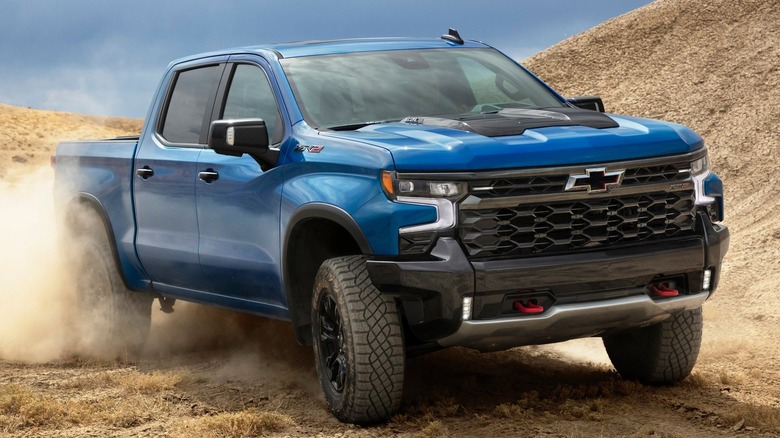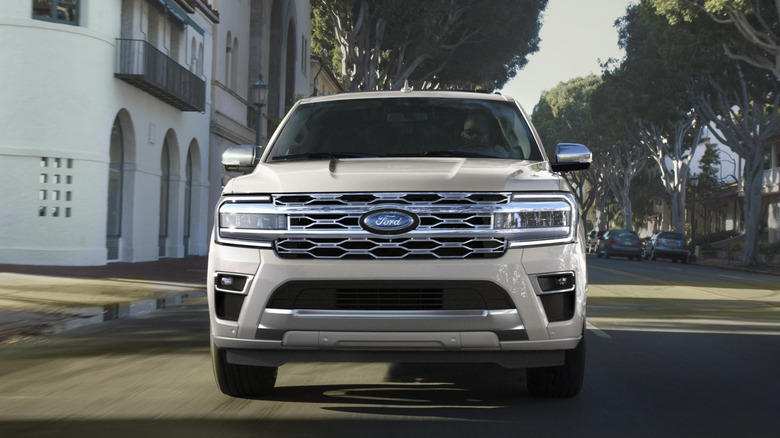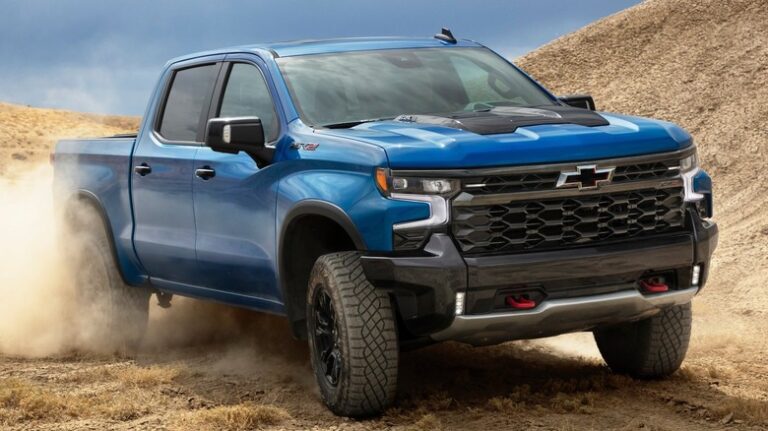America’s Big Truck Enthusiasm May Be Hitting a Wall
For years, the United States seemed insatiable in its appetite for massive trucks and SUVs. Despite concerns over their safety and environmental impact, American consumers continued to snap up these large vehicles. However, recent analysis from the Dave Cantin Group, an automotive consulting firm, suggests that this trend may be reversing, with ‘Peak Truck’ potentially having been reached.
The shift isn’t expected to result in an immediate decline in full-size truck sales, but rather a gradual change in consumer preferences driven by affordability concerns. ‘What we’re seeing is consumer sentiment beginning to change,’ said Brian Gordon, chief business and strategy officer at Dave Cantin Group. ‘This isn’t Americans walking away from all their trucks and SUVs, but rather a trend spurred by affordability and challenges with car payments.’
Surveys of both car shoppers and dealers revealed declining interest in full-size pickup trucks and SUVs, with consumers instead focusing on smaller, more affordable vehicles. This includes a renewed interest in sedans, which fell out of favor as SUVs and crossovers gained popularity. While many automakers stopped selling sedans in the U.S. to focus on crossovers, sales of sedans like the Nissan Altima and Sentra are seeing significant increases.

While full-size truck sales remain strong, with most models seeing increased sales in Q1, there’s a notable shift towards midsize trucks. The Toyota Tacoma saw a 177% increase in sales, the Chevrolet Colorado jumped 73%, and the Ford Ranger experienced a 677% surge compared to the previous year. The latter is likely influenced by production issues last year, but the trend is clear.
The automotive industry faces additional challenges from tariffs, which will drive up new car prices due to the complex international supply chain. Uncertainty surrounding future tariff policies, particularly with the previous administration’s unpredictable stance, adds to the industry’s challenges.
As economic uncertainty continues, consumers are becoming more pragmatic in their vehicle choices. ‘Peak Truck is a really important concept to watch,’ Gordon noted. ‘The longer economic conditions remain challenging, consumers will continue to make more practical choices.’

While it’s uncertain how far this trend will go, the shift towards more affordable vehicles marks a significant change in America’s automotive landscape. As consumers adapt to economic pressures, the dominance of full-size trucks and SUVs may gradually erode in favor of more practical, cost-effective options.



